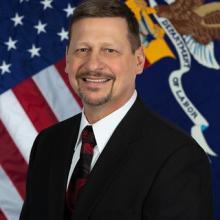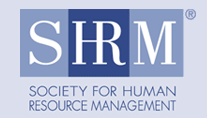The Uniformed Services Employment and Reemployment Rights Act (USERRA): What Matters in Protecting Our Service Members’ Employment Rights
Participation in the uniformed services can create disruptions in civilian careers and employment. Those affected include the people performing such service, their employers, their fellow employees and their communities. USERRA encourages participation in the uniformed services by eliminating or minimizing these disruptions. The act provides for the prompt re-employment of individuals upon their completion of service; prohibits discrimination against people because of their service; and prohibits retaliation against people seeking protections under the act and anyone assisting people seeking protections, even if they lack status in the uniformed services.
Learning Objectives:
- Gain a better understanding of USERRA so that you can answer USERRA-related questions and provide advice and counsel to employers.
- Learn how to provide advice and counsel to veterans and uniformed service members as employees.
- Learn the process for filing a USERRA complaint, the Veterans’ Employment & Training Service’s role in the investigation of such complaints, and the potential referral of such complaints to the Department of Justice or the Office of Special Counsel.
James Scheppard

Mr. James Scheppard currently serves as the State Director in Nevada for the U.S. Department of Labor, Veterans’ Employment and Training Service (VETS) and is responsible for all VETS programs in the state. He previously served as the Assistant Director and Lead Investigator, where he investigated claims filed with the agency under the Uniformed Services Employment and Reemployment Rights Act (USERRA) and the Veterans’ Employment Opportunities Act (VEOA), by veterans and service members in the San Francisco Region.
Before joining VETS in 2015, Mr. Scheppard worked for the U.S. Department of the Air Force as a civil servant, and served a Transition Assistance Program team member at Nellis Air Force Base, Nevada. His duties involved preparing transitioning service members to reenter the civilian workforce upon completion of service.
Mr. Scheppard previously served on active-duty for over 30 years, and retired from the U.S. Air Force in 2012. During his time in the military, he served in a variety of fields, Security Policeman, Equal Opportunity Specialist/Investigator and Human Relations Educator, First Sergeant, and Senior Enlisted Advisor.
Mr. Scheppard graduated from Excelsior College with a Bachelor of Science degree in Liberal Arts in 2002.
Find Sessions by Day
